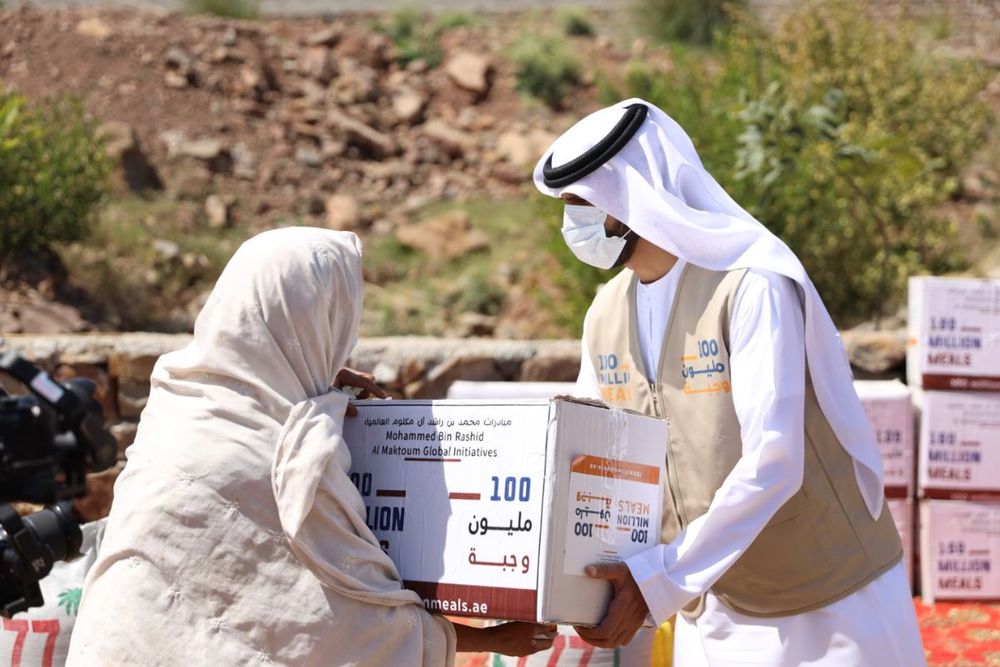Mohammed bin Rashid Al Maktoum Global Initiatives (MBRGI) and the Food and Agriculture Organisation of the United Nations (FAO) have teamed up to enhance food and nutrition security of conflict-affected internally displaced persons (IDPs), returnees and host communities in in northeastern Nigeria.
The ongoing Boko Haram insurgency in northeastern Nigeria continues to drive alarming levels of food insecurity and malnutrition in the country, exacerbating vulnerabilities, particularly in the three most affected states – Adamawa, Borno and Yobe, where according to the latest Cadre Harmonisé analysis (November 2022), 3.8 million people are projected to be in high acute food insecurity. Conflict in the region and climate change has led to the displacement of 2.2 million men, women and children.
Thanks to the MBRGI funding, FAO will support 58 000 people and 8 400 households in Borno, Adamawa and Yobe states, with agricultural input packages and training on agricultural practices and climate-smart innovation technologies to enhance the productivity of their crops and livestock.
The project will support the establishment of agricultural field schools and work with experts to improve crop productivity for families during the rainy season, producing nutritious grains and vegetables for in the dry season. The project will also support vegetable production for families in urban and semi-urban areas, provide livestock and fodder for women, and provide poultry, goats and fodder for conflict-affected and vulnerable.
“We are focused on building strategic partnerships with organizations that prioritize community empowerment and humanitarian aid.”
said Dr Abdulkareem Sultan Al Olama, Chief Executive Officer in MBRGI.
“Our partnership with FAO will enable us to work on integrated projects that help farmers adopt sustainable agricultural practices, mitigate the impacts of climate change and ensure food security,”
Al Olama added.
“Agricultural assistance is life-saving,”
said Rein Paulsen, Director of the Office of Emergencies and Resilience in FAO.
“Urgent, time-sensitive agricultural interventions, have enormous impacts on food availability, nutrition, and displacement, among others, significantly cutting other humanitarian costs,”
added Paulsen.
Immediate intervention is required in northeastern Nigeria to assist affected people. Agriculture-based livelihoods assistance responds to this crisis by strengthening food security resilience, supporting at-risk rural communities, and empowering women with livestock and agricultural training programs to improve their livelihood.
News Source: Emirates News Agency









